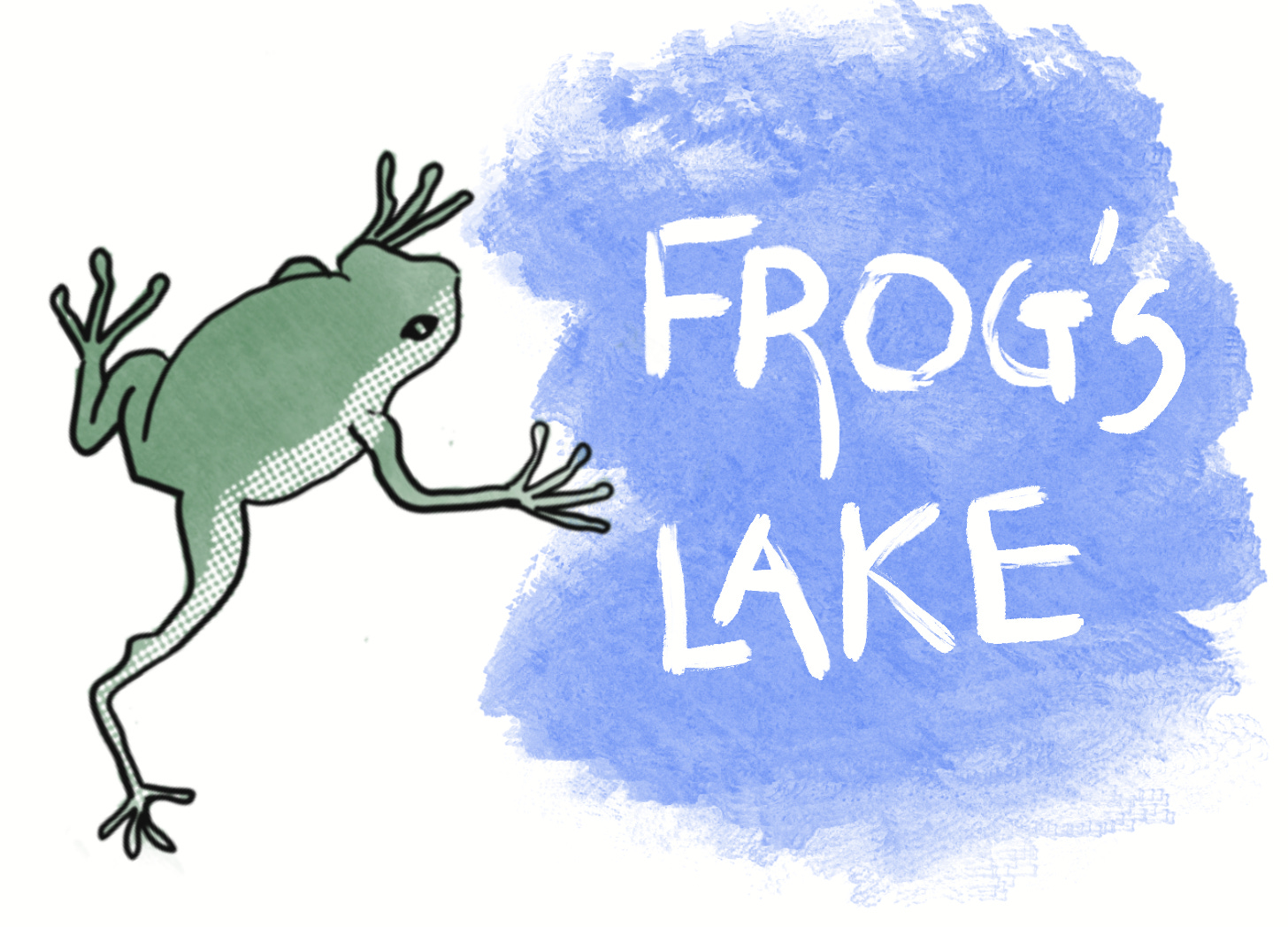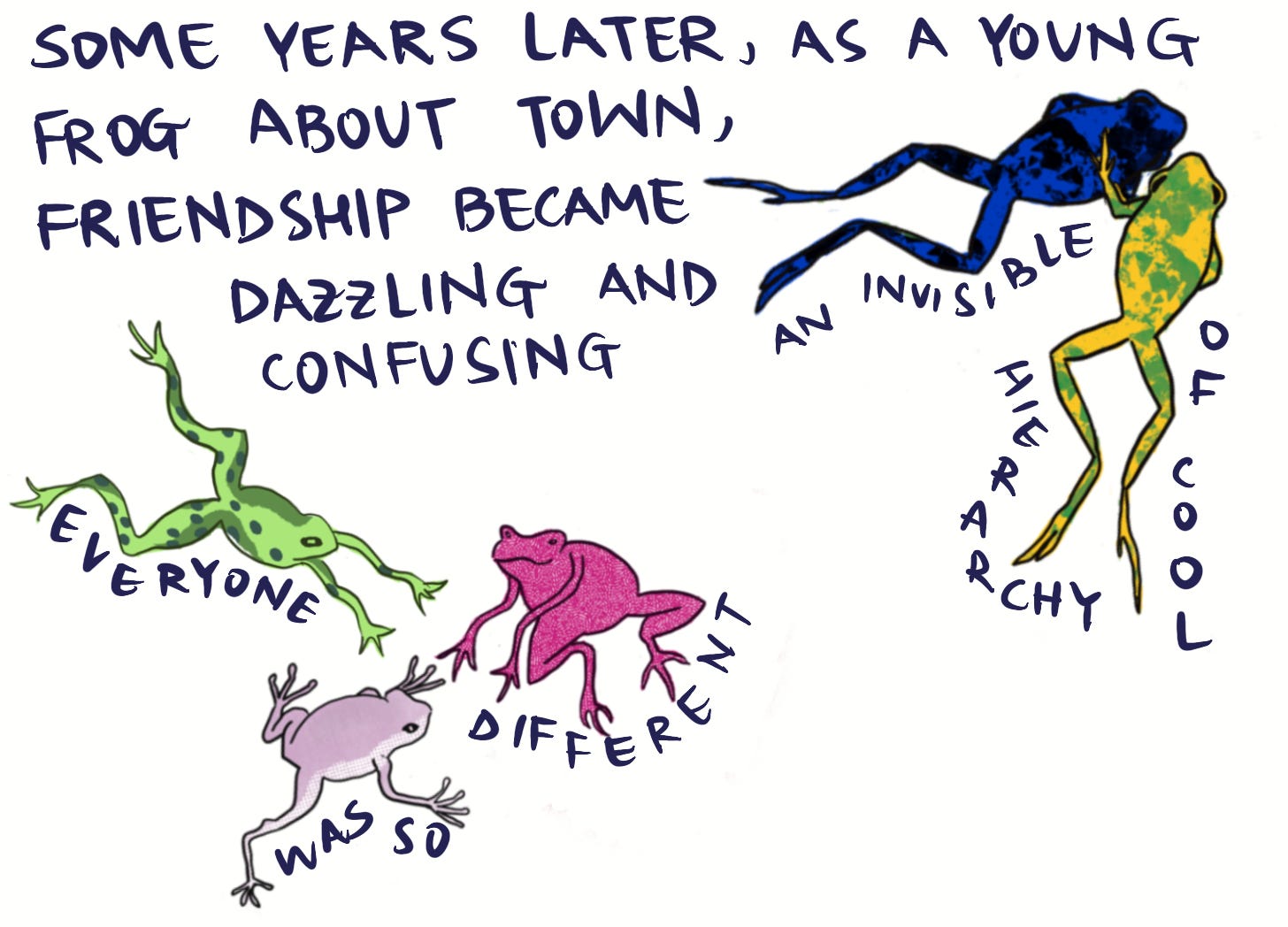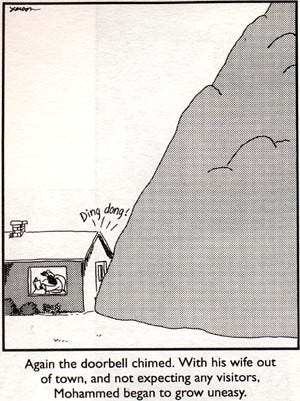A green oasis in the heart of an electric city, the yoga school I trained in was one of my favourite places in Mumbai. In the real world, my teachers said, we cannot escape to the mountains each time we need a moment of peace. Our yoga must co-exist with the difficult chaos of everyday, not in an idyllic dream resort that is hard to reach and expensive to get to. And so we trained ourselves — students, mothers, policemen, children, couples — to leave the city with its noise and temptations and distractions outside, and master the task of being present exactly where we were.
Most methods of slowing down and paying attention, of being mindful and noticing the patterns of our thoughts are easier to perform in isolation. The work I put in trying to break out of my patterns is tested when I’m around people. I get drawn in. I care about what people I like think of me. I react to condescension and aggression. I find myself in a fight between choosing inner peace and choosing the most cutting (and ultimately unhelpful) thing to say in an argument. Like yogis of the ancient past, it makes me want to throw away my phone, quit people and go live in a cave in the forest.
Frog’s Lake came to me as a reminder from two different koans.
The first is this:
Think of a lake teeming with fish and millions upon millions of microscopic creatures, each swimming around with their own point of view and purpose, each convinced that they are entirely right. Now, be the lake.
The second, is from the book Zen Mind, Beginner’s Mind by Shunryu Suzuki:
”If we are like a frog, we are always ourselves. But even a frog sometimes loses himself, and he makes a sour face. And if something comes along, he will snap at it and eat it. So I think a frog is always addressing himself. I think you should do that also. Even in zazen you will lose yourself. When you become sleepy, or when your mind starts to wander about, you lose yourself. When your legs become painful—“Why are my legs so painful?”—you lose yourself. Because you lose yourself, your problem will be a problem for you. If you do not lose yourself, then even though you have difficulty, there is actually no problem whatsoever. You just sit in the midst of the problem; when you are a part of the problem, or when the problem is a part of you, there is no problem, because you are the problem itself.
When you start to wander about in some delusion which is something apart from you yourself, then your surroundings are not real anymore, and your mind is not real anymore. If you yourself are deluded, then your surroundings are also a misty, foggy delusion. Once you are in the midst of delusion, there is no end to delusion. You will be involved in deluded ideas one after another. Most people live in delusion, involved in their problem, trying to solve their problem. But just to live is actually to live in problems. And to solve the problem is to be a part of it, to be one with it.”
In other words, take a breath, slow down, and remember that wanting to escape life and run to the mountains is an integral part of the human condition for humans in cities. It doesn’t mean you need to book a ticket (although sometimes you might really need a break). It just means that you need to find a way to summon the peace of the mountain to you, exactly where you are.
A playlist for you, my friends, to sing along with.














No cap, this is the best newsletter I've ever come across.
Love this